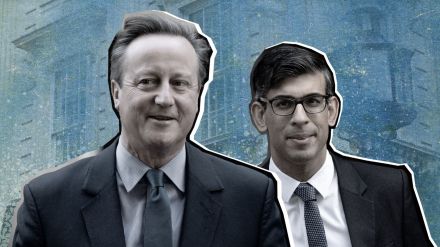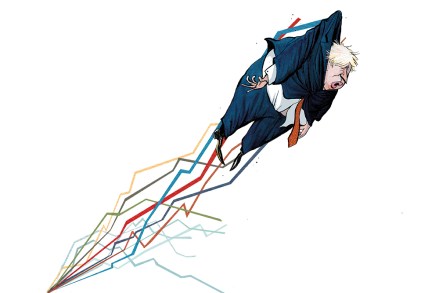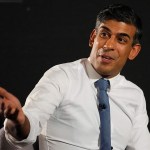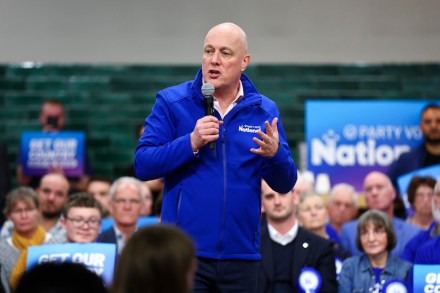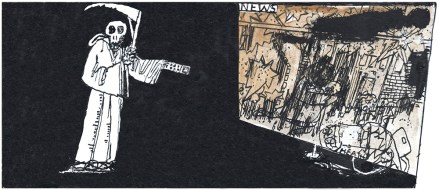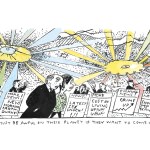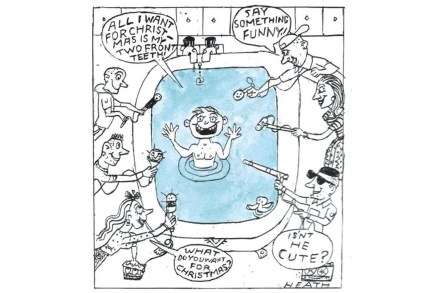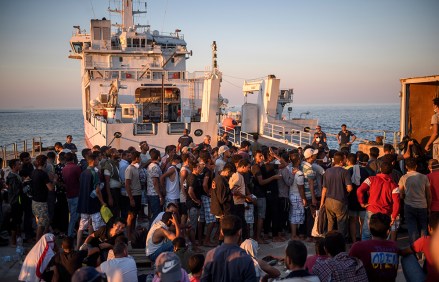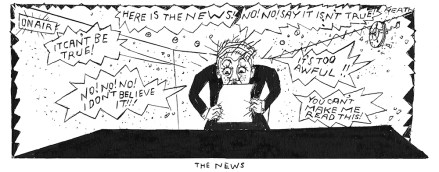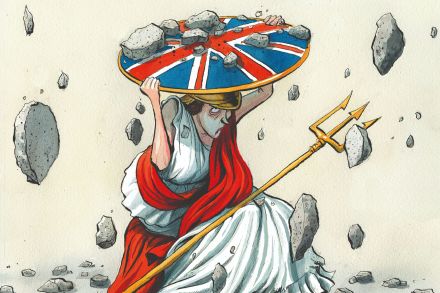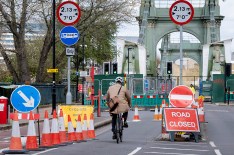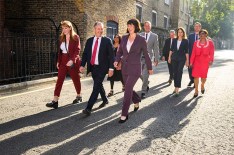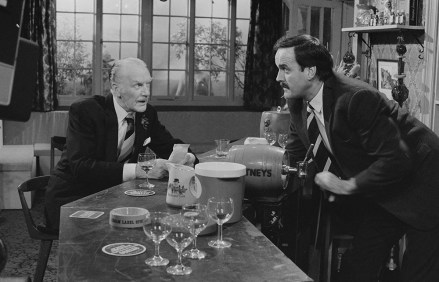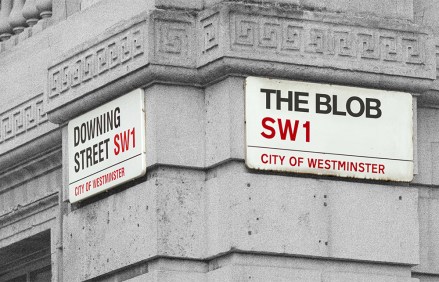The Rishification of the Tory party
When David Cameron arrived at the Foreign Office on Monday, he told staff he might be a bit rusty when it comes to modern politics. He joked that the only WhatsApp group he is in ‘is to do with my children’s school play’. Cameron may have been out of frontline politics for a while, but the rules stay the same. As Tory leader, he championed his favourites and promoted his supporters to the cabinet table, even at the expense of ignoring older colleagues’ claims. This week, his successor has done the same. A trio of thirtysomething former special advisers elected in 2019 now comprise the Prime Minister’s Praetorian Guard. Laura
